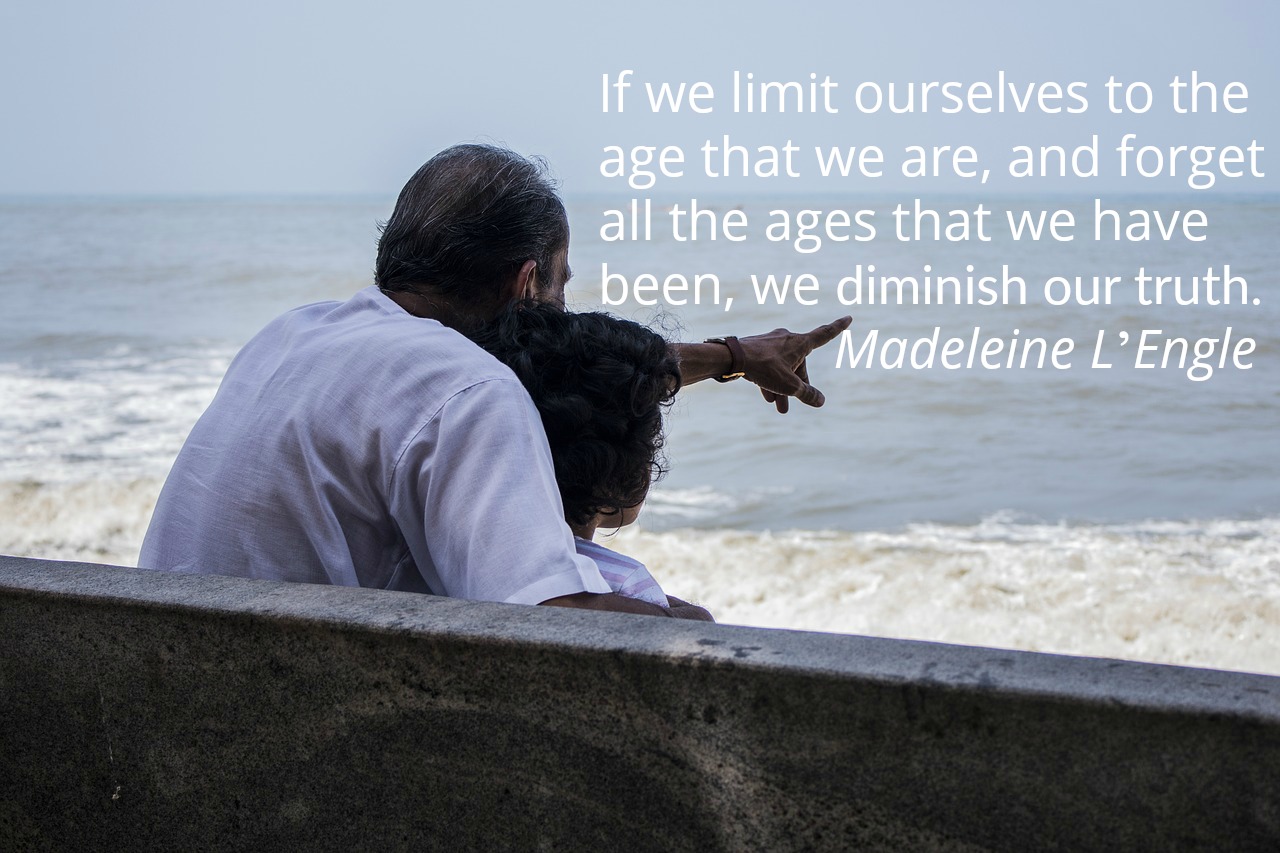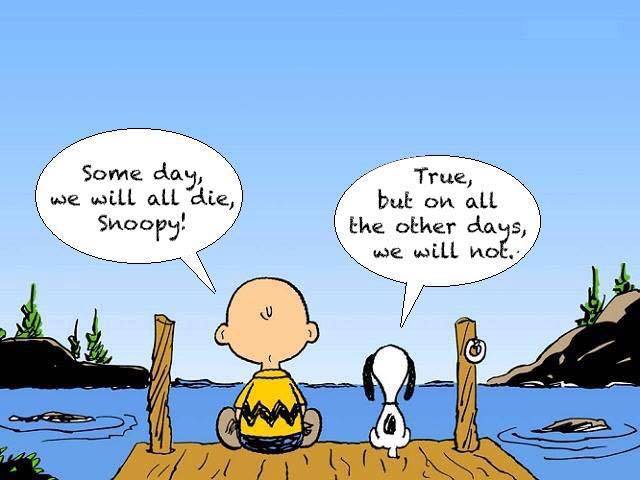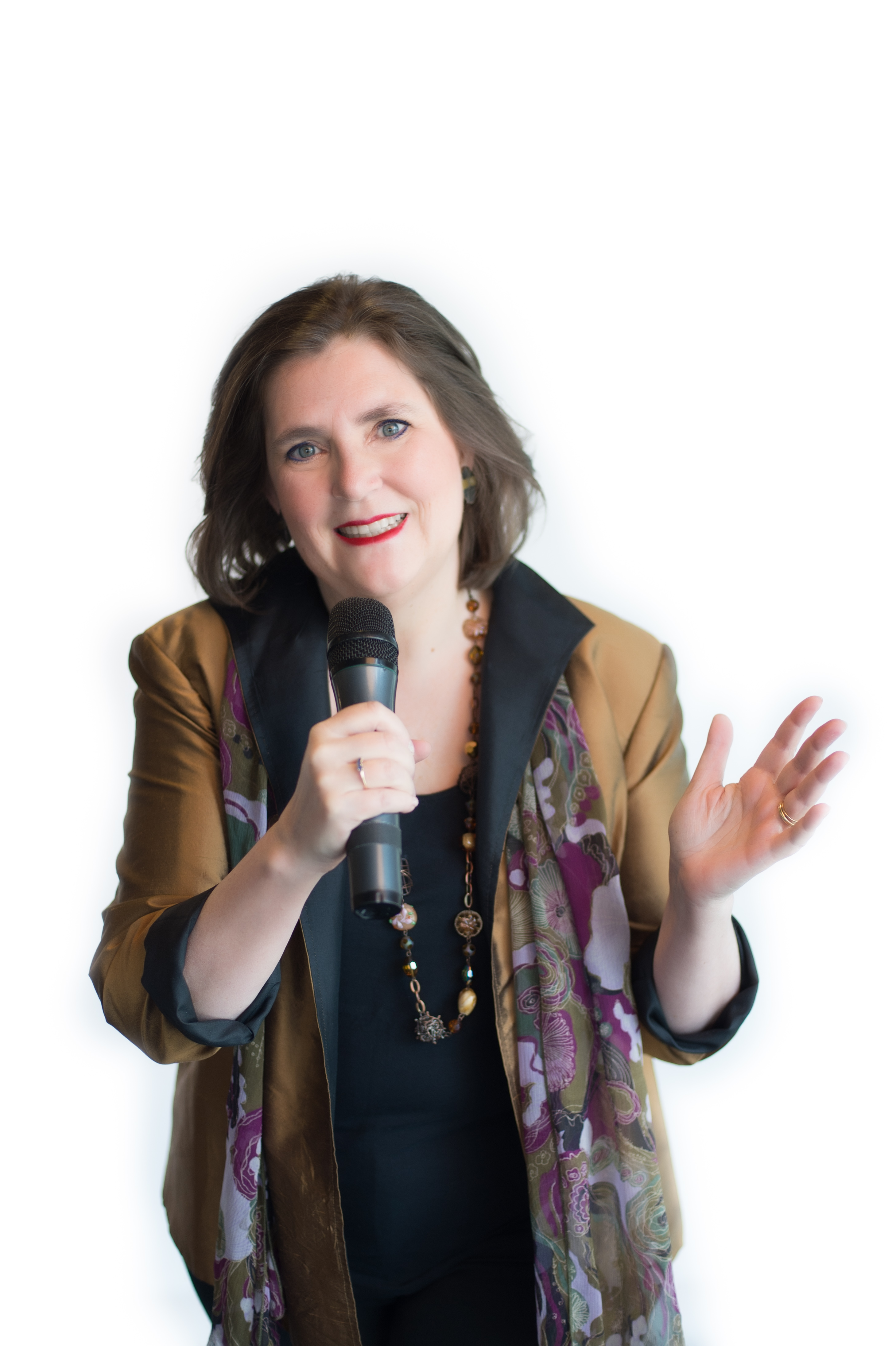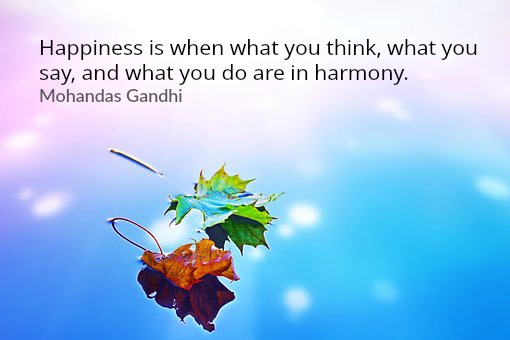What is happiness really?
Happiness, according to Merriam-Webster’s Dictionary, means, “a state of well-being and contentment.’ Happiness, by this definition, has always been an undesirable goal for me. I seek more joy, a greater sense of purpose, thriving on my own terms. Contentment is too passive a state for me. Well-being must be an actionable choice.
I was about to turn 50 and was working as a medical editor at an advertising company. I was increasingly discontented. I was not allowed to contribute ideas outside of my job description to my team because the company had a strict hierarchical structure. Clients liked me, even though I was back office support, not on the account team, which was, paradoxically, a problem. Employees were frequently not appreciated for their contributions and treated unfairly by management. My team was moved from a light, airy space to the basement and were discouraged from personalizing our work areas. My manager changed to one with a different style, who created a very toxic work environment. A job I had thrived in became an unhappy one. But that wasn’t what gave me my happiness wake-up call.
I asked myself as my 50th birthday approached if I was doing what I was born to do, my legacy work. The answer was a resounding, “NO!” But I spent so many years pushing down who I was and what I was meant to be doing that my knowing was barely a whisper. Deep excavation was necessary.
Here are the three actions I took to get back on track:
I stayed in my job for a while, identifying more specifically my areas of discontent so I could avoid repeating them next time.
I hired Jessicka Chamberlin of Creative Human Capital to help me figure out who I was and what my consulting business would be built on. She specializes in finding the gold in people and alchemizing that into thriving businesses run by people doing their legacy work sustainably. I needed someone who could see through the filter of my disappointment and shame at taking so long (almost 50, hallway through my life) to get to the point.
We mined me: who I was, what I knew, when I thrived, how I expressed myself, where I cared. And Unlocking the Affluence Code was born into a consulting business.

It turned out I was making distinctions and dissecting my own life and everything I experienced in it all along. I discovered that everybody has three areas of focus, their Affluence Code: executing impeccable work, nurturing 1-on-1 relationships (starting with yourself) and serving a thriving ecosystem (community). The question is, “What comes first for each person?” Acknowledging and operating congruent with who I was first (serving a thriving ecosystem), changed everything. I knew what to do next and life got easier. Eventually, I quit my job and began consulting with entrepreneurial people who wanted to unlock their Affluence Code too.
When my husband was diagnosed with Stage 4 pancreatic cancer, I knew he had to keep working and I had to lean into my community to thrive. He completed his last watercolor two days before he died. I shared the resources I created as a caregiver and later as a widow with my ecosystem. I figured that, if I was not finding what I needed in the midst of my pain, maybe there were others who felt the same whom I could help. My mantra was, “This pain MUST serve.” After he died, I started writing and speaking as aka Bad Widow about how to get back to being resourceful and whole after such a loss.
This adaptation of a Charles Schulz cartoon showed up on FB the month after David was diagnosed and we recommitted to living and loving fully.

Happiness is an action, not a static state. By our nature, when we are healthy, human beings expand, contract, integrate and expand again. Here are three questions to ask yourself:
How do I know what my ‘right’ direction for expansion is? You won’t always know with certainty. Make distinctions and take an action. Pivot, based on results, as needed. Keep moving and you will get closer and closer to your chosen path.
How long is it appropriate for me to stay contracted? It’s personal. When we expand outside our comfort level, it’s OK to pull back a little. Be careful not to retreat all the way back in.
How much time should I take to integrate an experience? As long as it takes. Integration can be the germination of ideas or bracing for the next big push. Trust yourself.
Please share your actionable ideas on being happy.


